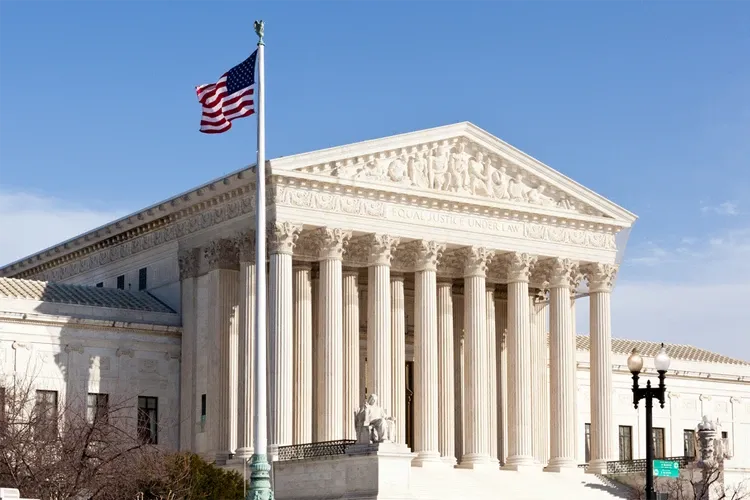The Supreme Court declined to hear a case about alleged discrimination at a magnet school in Virginia which ended standardized tests for admissions to foster more racial diversity.
Thomas Jefferson High School for Science and Technology, a magnet school with an admissions policy established by the Fairfax County School Board, previously admitted students on the basis of four standardized tests and two teacher recommendations, but adopted a new policy four years ago which eliminated the tests and increased the size of the school. The new policy was challenged in the Fourth Circuit Court of Appeals by a coalition of parents and students who assert that the move discriminates against Asian-American students.
Justice Samuel Alito and Justice Clarence Thomas dissented from their seven colleagues in the decision to not hear the case. Alito said in a dissenting opinion that the Fourth Circuit essentially ruled that “intentional racial discrimination is constitutional so long as it is not too severe,” a rationale he believes is “indefensible” and “cries out for correction” from the Supreme Court.
“The Fourth Circuit’s decision is based on a theory that is flagrantly wrong,” Alito wrote. “The panel majority’s fallacious reasoning works a grave injustice on diligent young people who yearn to make a better future for themselves, their families, and our society.”
Enrollment for Asian-Americans at the magnet school indeed decreased 26% while admissions levels for all other groups rose after the standardized tests were nixed.
Alito wrote in his opinion about a hypothetical scenario in which a majority-white high school has a majority-black basketball team but adopts a “facially neutral” policy, adopted on the basis of complaints from administrators, to reserve certain spots on the roster for each of the middle schools that feed students into the high school. The hypothetical policy led to a majority-white team, which Alito said was a discriminatory move the Supreme Court would never sustain.
The decision to not hear the case comes after the Supreme Court ruled last year that admissions policies based on affirmative action “employ race in a negative manner, involve racial stereotyping, and lack meaningful end points,” thereby violating the Equal Protection Clause of the Fourteenth Amendment. Justices had voiced skepticism toward affirmative action during oral arguments as attorneys for Harvard University and the University of North Carolina claimed that racial diversity offers meaningful benefits to educational experiences.



